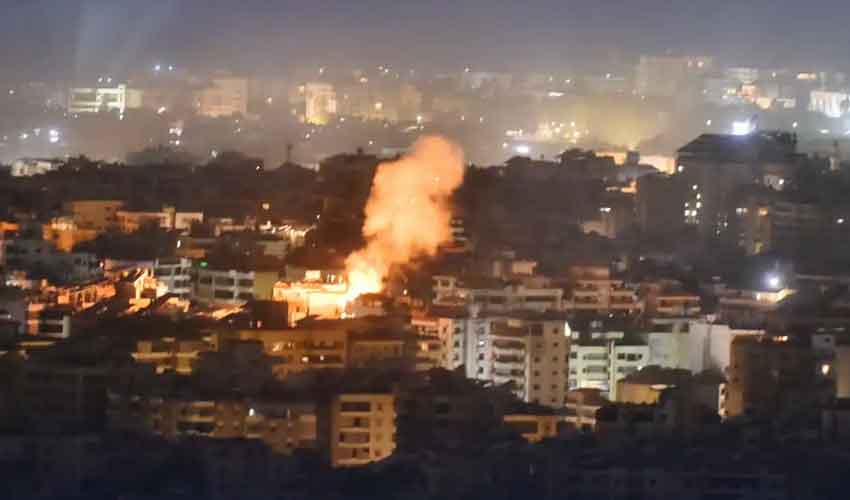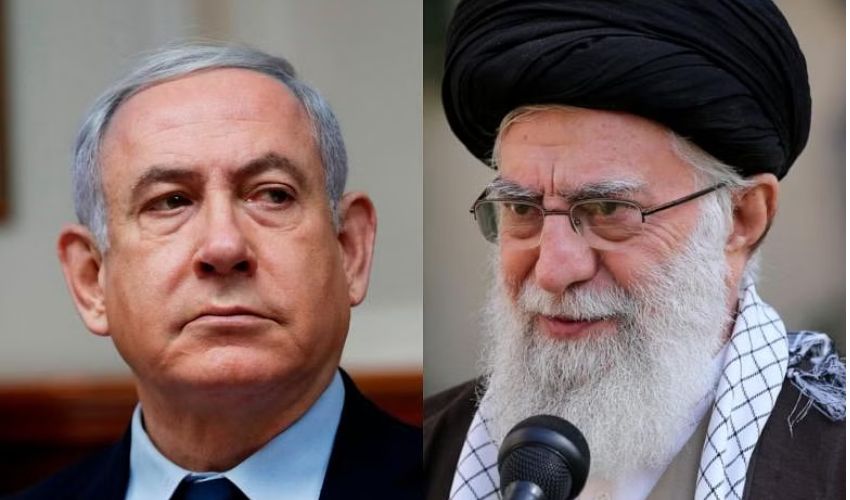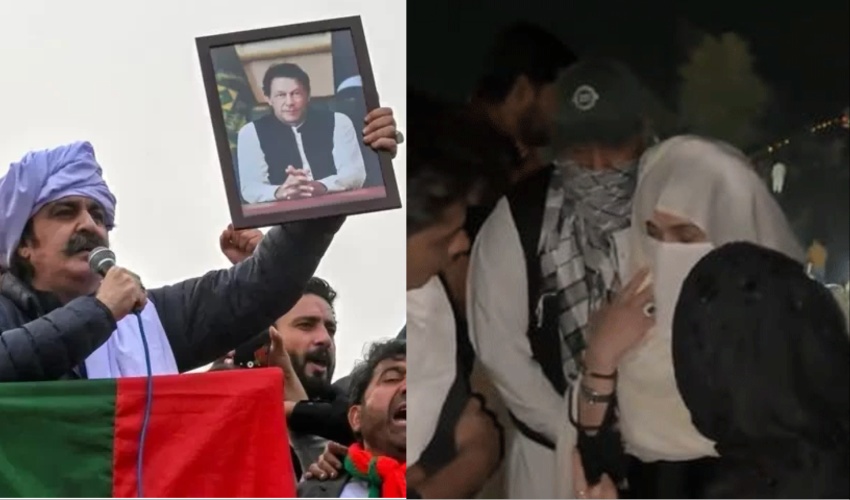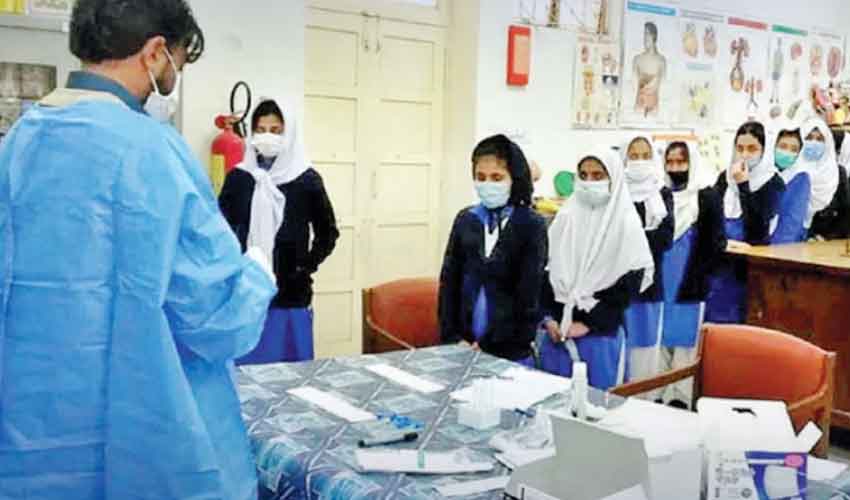Protests have erupted in the United States, targeting Indian Ambassador Taranjit Singh. The focal point of discontent revolves around allegations of his involvement in the controversial murder of Hardeep Singh Nijjar.
Last week, Taranjit Singh found himself confronted by a group of Sikhs at a Gurdwara in New York, demanding answers about his role in the tragic incident.
The Indian Ambassador, however, struggled to address the questions raised by the Sikh community.
The accusations don't stop there. Harmeet Singh, a prominent figure among the demonstrators, asserted that the Modi government is employing a heavy-handed approach, suppressing the Khalistan movement through tactics involving violence and looting.
Sikh demonstrators, echoing longstanding grievances, have accused India of supporting terrorism and extremism in the region.
The atmosphere surrounding the protests is charged with the belief that the murder of Hardeep Singh Nijjar is indicative of the Modi government's allegedly extremist policies against the Sikh community.
Startling claims suggest that in June 2023, India orchestrated the targeted killing of Hardeep Singh Nijjar, a Canadian citizen, through a series of bombings.
Additionally, India reportedly attempted to assassinate Sikh leader Gurpatwant Singh through targeted killings.
In response to these, the US has issued a warning to India, citing its involvement in the killings of Sikh leaders.
This warning is part of a broader international consensus, with several Five Eyes countries, including Canada and the United States, confirming India's role in the incidents.
The murder of Hardeep Singh Nijjar is now being highlighted as a significant piece of evidence, fuelling accusations against the Modi government's alleged extremist policies.



























